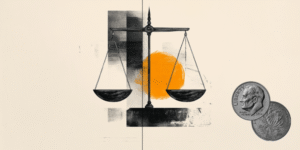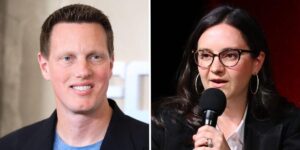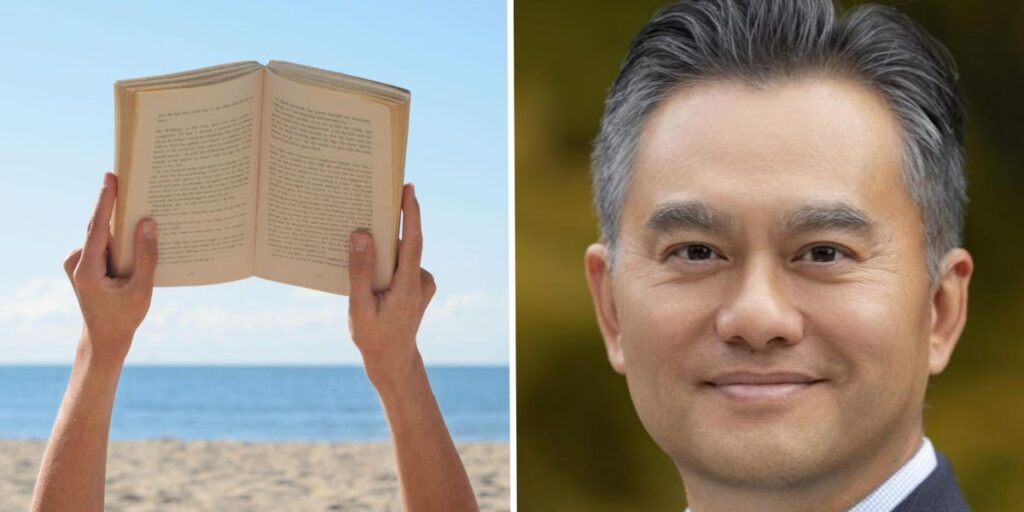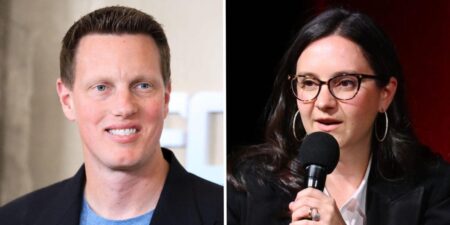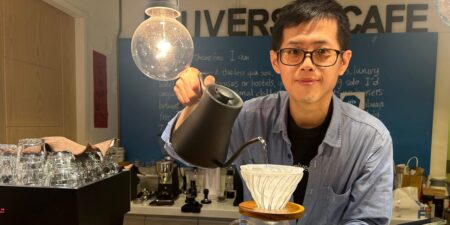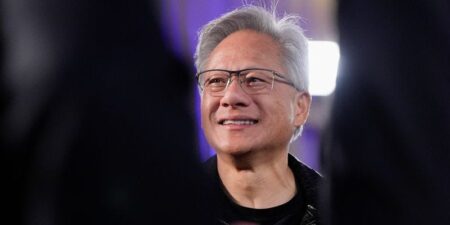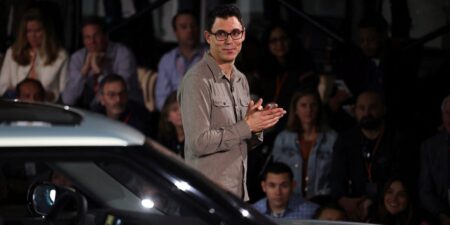Dr. Kurt Hong, an obesity doctor, nutrition researcher, and professor of medicine and aging, takes leading a healthy lifestyle seriously.
So far, it’s working.
The 52-year-old father of three leads a full life and has no chronic health conditions. He told Business Insider that his most recent “biological age” tests, taken around 18 months ago, said he was 41, or 11 years younger than his chronological age. There’s no consensus on how to define or measure biological age, but Hong used the PhenoAge algorithm, which measures nine biomarkers associated with aging, including inflammation levels and metabolic health.
“A lot of the age-related chronic diseases are directly related to what you eat and your weight,” he said. “The key is really to be proactive.”
Hong follows a Mediterranean diet, which is packed with fresh produce and is widely considered the healthiest way to eat for a longer life. He also leads an active lifestyle to maintain a healthy weight.
He shared three daily habits he’s established in the hopes of living a long, healthy life.
Cardio and resistance training
Hong, who is the chief medical officer of Lifeforce, a concierge preventive medicine company based in Los Angeles, does a mixture of aerobic exercise, or cardio, and resistance training each week. “They contribute to different things,” he said.
“Aerobic exercise without question really contributes to your cardiovascular fitness and health,” he said. Strength training helps build and maintain muscle and bone density.
For cardio, Hong likes running, hiking, and swimming in the summertime. He makes the most of the SoCal weather and exercises outside as much as possible. “My aerobic stuff I like to do outside the gym,” he said.
He also has a gym membership and uses the weight machines for 45 minutes a few times a week. “There are some people who will be at the gym for two, three hours. For me, I’m getting in and out of there,” he said.
Hong tells his patients to find a physical activity they enjoy and to start by doing it twice a week.
His “anything’s better than nothing” approach to exercise reflects the findings of a large 2023 study, published in the British Journal of Medicine Sports. The systematic review looked at self-reported data from more than 30 million people and found that those who exercised an average of 2.5 hours a week had a lower risk of early death, cardiovascular disease, and cancer than their sedentary peers.
The study found that people who exercised up to 2.5 hours longer than the average gained even more health benefits. But even working out for an hour and 15 minutes — half the recommended time of 2.5 hours — lowered the risk of early death, cardiovascular disease, and cancer, compared with no exercise.
Vitamin D
Hong doesn’t believe in taking stacks of buzzy supplements, but said they can be useful for people with certain deficiencies or health conditions. “I only take one,” he said.
He takes a vitamin D supplement each day for bone health as he ages and because testing revealed that his levels are low.
Vitamin D helps the body absorb calcium, which is crucial for bone density, which naturally starts to decline around the time we hit 35. Many biohackers and longevity researchers take vitamin D because of the beneficial effects it can have on bones, the immune system, and on cancer risk.
Challenge your brain
To keep his mind sharp, for an hour or two each day, Hong makes sure he does something that challenges his brain. “Your brain’s like a muscle — if you don’t use it, you lose it” he said.
Often, work will be enough stimulation for him, but on the weekends, for example, he might play a game of chess or checkers with his kids, or read. Screentime doesn’t count, he said.
Mental stimulation can’t prevent the brain from aging, but evidence suggests it can help build resilience against Alzheimer’s disease symptoms such as forgetfulness. This resilience is known as cognitive reserve, and studies have found that people with larger reserves, which are built through cognitive activity, developed Alzheimer’s disease later in life and had fewer symptoms.
“The most important thing I tell all my patients is age is really a number,” Hong said. “Your body may tell you you’re 52 years old, but you can behave or you can feel like a 35-year-old. And it can also be the other way around.”
Read the full article here


